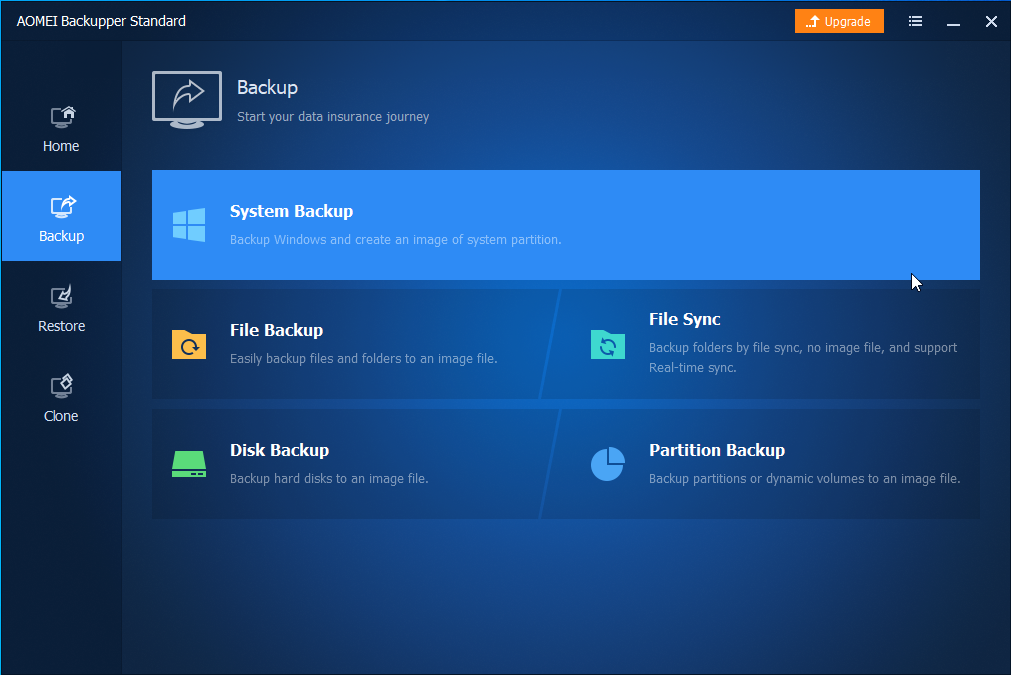

Their smaller size makes SSDs weigh less than larger HDDs with heads and metal disks. In addition, SSDs are very stable, ensuring the security of stored data. SSDs provide your computer with shorter boot times, more direct data transfers, and higher bandwidth. SSDs are a hundred times faster than HDDs. SSDs are also better suited to handle drops, shakes, shocks and everyday wear and tear, making them less prone to data loss.

Because SSDs have no such parts, they can maintain lower temperatures and higher performance.

The heat that causes HDDs to fail is a major cause of HDD failure, and the constant movement of the HDD’s moving parts generates enough heat to cause them to break down over time. Here are three benefits you can expect from upgrading your computer to an SSD. Solid state drives have many advantages over HDDs. And because of the speed and reliability of SSDs, it’s an excellent choice for new PCs, Servers, and systems. You can increase the speed of an old desktop or laptop by upgrading the hard disk drive (HDD) to a solid-state drive. There’s no question that solid-state drives (SSDs) are gaining popularity in laptops, desktops, and Servers.


 0 kommentar(er)
0 kommentar(er)
